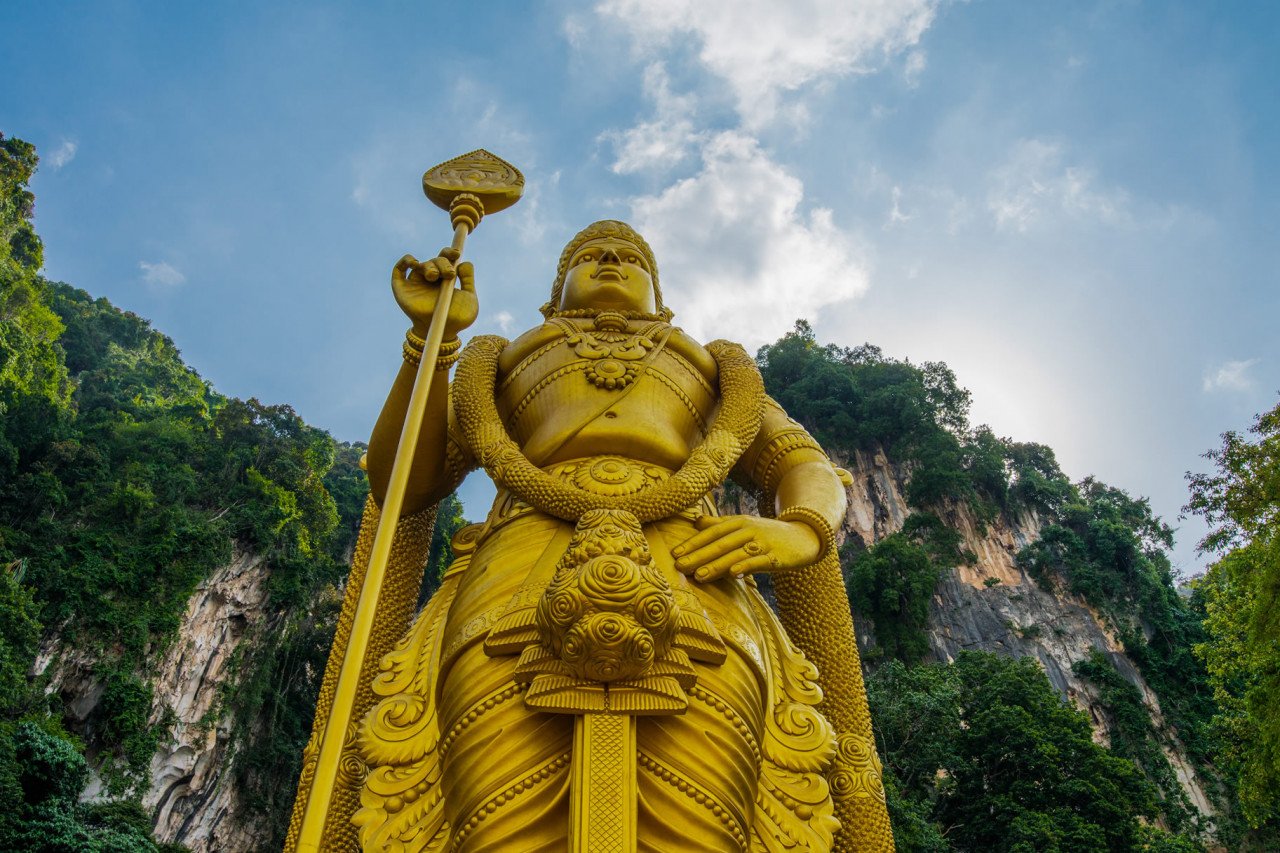Thaipoosam in 2026

Thaipusam is celebrated in honour of Lord Subramaniam, also known as Lord Murugan
When is Thaipoosam?
| Year | Dates |
|---|---|
| 2026 | |
| 2025 | |
| 2024 |
Thaipoosam in Tamil Nadu
In January 2021, Tamil Nadu Chief Minister Edappadi K Palaniswami announced that Thaipoosam would become an annual public holiday in the state. He said the government after considering the request has decided to declare January 28th as a public holiday and Thaipoosam will be included in the list of public holidays in the coming years.
When is Thaipusam?
Thaipusam is an annual Hindu festival, observed on the day of the first full moon during the Tamil month of Thai, which falls in late January or February.
It is a public holiday in the following states of Peninsular Malaysia: Kuala Lumpur, Putrajaya, Johor, Negeri Sembilan, Perak, Penang and Selangor.
If it falls on a Sunday, then the Monday is observed as a holiday in those regions, with the exception of Johor as that state observes its weekend on a Friday and Saturday.
It is also generally a public holiday in Mauritius and is known as Thaipoosam Cavadee.
How is Thaipusam celebrated?
Thaipusam is the second largest Hindu festival in Malaysia and is celebrated in honour of Lord Subramaniam, also known as Lord Murugan.
To mark this day of penance and thanksgiving, Hindus pierce their body with metal skewers and carry pots of milk on their heads along a four-kilometre procession. Piercing of the skin, tongue or cheeks with skewers is common among male devotees but only occasionally done by female devotees.
Devotees prepare for the celebration by cleansing themselves through prayer, celibacy, and fasting for 48 days before the festival.
Over a million Hindus gather every year at various temples across Malaysia to celebrate Thaipusam.
The festival is rooted in Hindu legend and was brought from southern India by 19th-century immigrants who came to the Malaysian peninsula to work in rubber estates and government offices. As a result, Hindu is the fourth largest religion in Malaysia and Hindus now comprise over eight percent of the 28 million Malaysian population.
